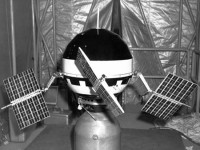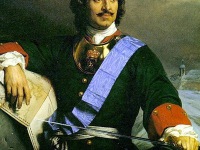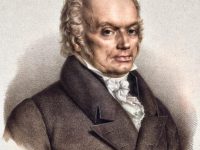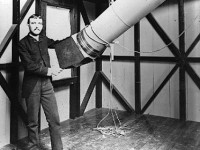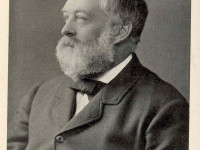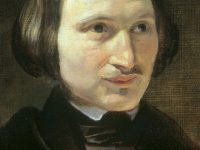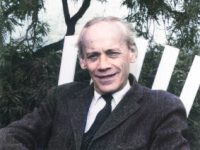Pioneer 5 and the Interplanetary Magnetic Fields
On March 11, 1960, NASA space probe Pioneer 5 was launched from Cape Canaveral. Pioneer 5 as part of the NASA Pioneer program was used to investigate interplanetary space between the orbits of Earth and Venus. As this, it was in one of the first in-depth attempts to study the solar system. Among other accomplishments, the probe confirmed the existence of interplanetary magnetic fields. The NASA Pioneer Program Pioneer 5 was part…
Read more











